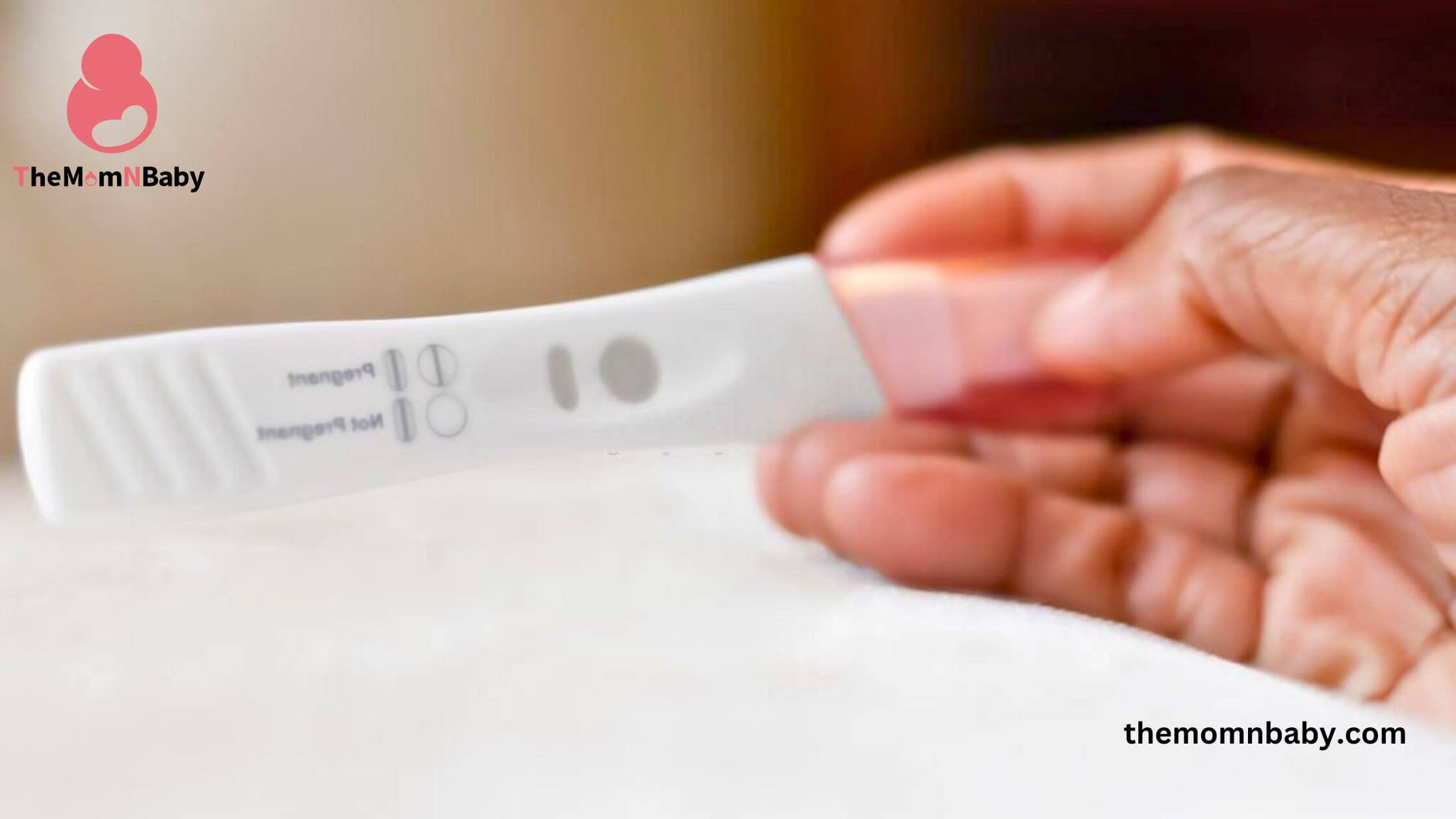
Getting a Negative Pregnancy Test?
Discovering whether you’re pregnant or not can be an emotionally charged and eagerly anticipated moment. Many women turn to at-home pregnancy tests for quick and convenient results.
However, what happens when you receive a Negative Pregnancy Test result? In this blog post, we will delve into the topic of negative pregnancy tests, explore the reasons behind false negatives, discuss the accuracy of test kits, and provide a comprehensive understanding of the subject.
Imagine eagerly taking an at-home pregnancy test, hoping for a positive result, only to be met with a disappointing negative. It’s a scenario that countless women have experienced, leaving them questioning the accuracy of these tests and wondering what went wrong. Let’s unravel the mystery and shed light on the factors that contribute to negative results.
Reasons for Negative Results
Testing too early
- One common reason for a negative pregnancy test is testing too early in the menstrual cycle. Pregnancy tests detect the presence of human chorionic gonadotropin (hCG), a hormone produced during pregnancy. It takes time for hCG levels to rise to a detectable level, and testing too early can result in a false negative.
Diluted urine sample
- Pregnancy tests rely on concentrated urine samples to provide accurate results. Drinking excessive fluids or having a diluted urine sample can lead to a negative result. It is recommended to take the test with the first morning urine, which tends to be more concentrated.
Error in test administration
- Incorrectly using the pregnancy test or not following the instructions can also lead to false negatives. It’s crucial to carefully read and adhere to the instructions provided by the manufacturer.
Expired or faulty test kit
- Using an expired or defective test kit can result in unreliable results. It’s important to check the expiration date and ensure the packaging is intact before using the test.
Irregular menstrual cycles
- Women with irregular menstrual cycles may have difficulty accurately determining the timing of the test. In such cases, it is advisable to consult a healthcare professional for guidance.
Chemical pregnancy
- Sometimes, a negative result may indicate a chemical pregnancy, which is an early pregnancy loss shortly after implantation. These early losses often occur before a missed period and may go unnoticed without taking a pregnancy test.
Accuracy of Pregnancy Test Kits
- Pregnancy test kits available in the market today have come a long way in terms of accuracy. Most reputable brands claim to have a high accuracy rate, typically ranging from 99% to 99.9%. However, it is essential to understand that no test is infallible, and false negatives can still occur.
- While at-home pregnancy tests provide a convenient option for detecting pregnancy, negative results can be disheartening and confusing. It is crucial to understand the factors that contribute to false negatives, such as testing too early, diluted urine samples, user error, expired test kits, irregular menstrual cycles, and chemical pregnancies. Despite the high accuracy rates claimed by manufacturers, it’s important to remember that no test is 100% foolproof.
- If you receive a negative result but still suspect you may be pregnant or are experiencing unusual symptoms, it is advisable to consult with a healthcare professional. They can provide further guidance, conduct additional tests, such as blood tests or ultrasounds, and offer the necessary support during this time.
Remember, each woman’s body and pregnancy journey are unique, and it’s essential to approach pregnancy testing with patience and a comprehensive understanding of its limitations.
Also Read: Why Would I Get A Faint Line On a Pregnancy Test?
Frequently Ask Question
Q: What does a negative pregnancy result mean?
A: A negative pregnancy result means you are not pregnant based on the test’s detection of hCG.
Q: Can a negative result be incorrect?
A: Yes, it can be incorrect if the test was taken too early or not performed correctly.
Q: When should I take a test after a missed period?
A: Wait a week after a missed period to get reliable results, or follow test instructions for early detection.
Q: Are there factors that affect test accuracy?
A: Yes, factors like expired tests, medications, or medical conditions can affect the accuracy of the test.
Q: What if I have pregnancy symptoms but a negative result?
A: Consult a healthcare professional for further evaluation or take another test after a few days.
Q: How long should I wait to retest after a negative result?
A: Wait a few days to a week before retesting to allow hCG levels to rise if pregnant.




